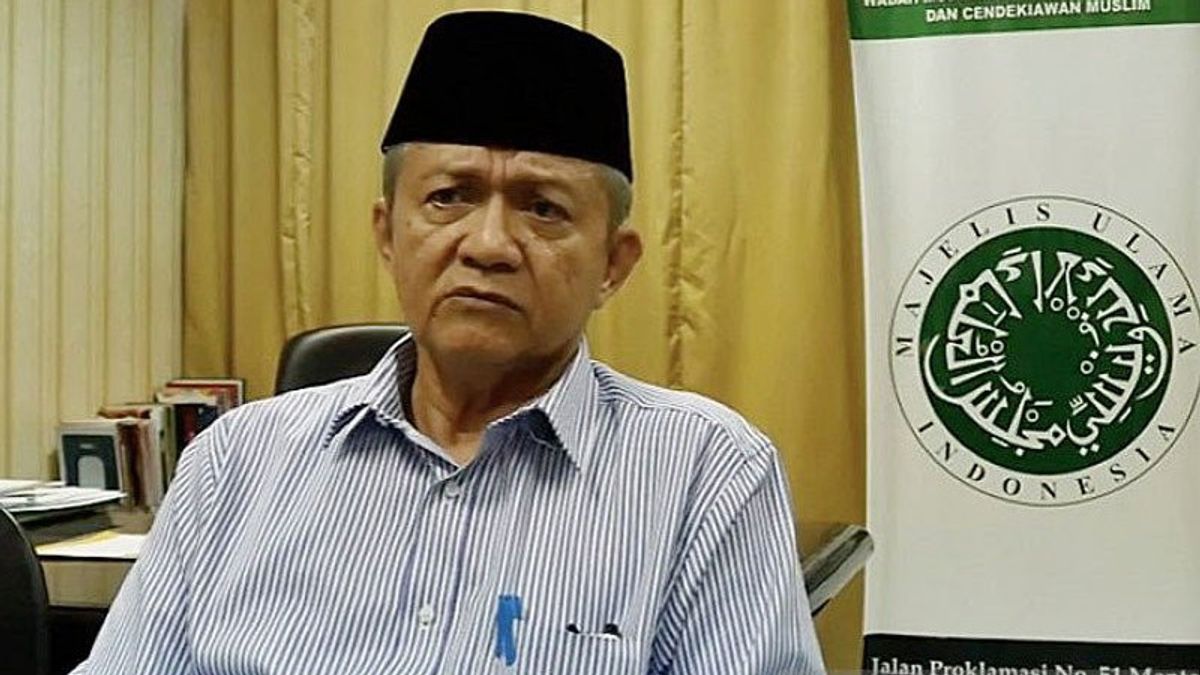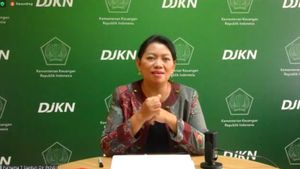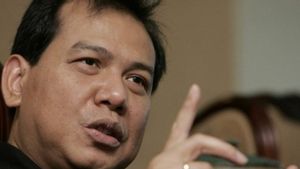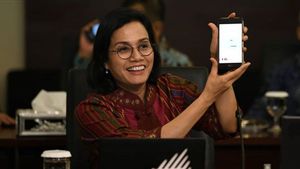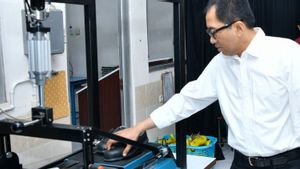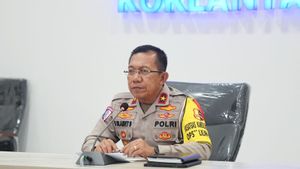JAKARTA - President Joko Widodo (Jokowi) emphasized that the government is committed to improving the national agrarian system in line with input from several parties who are pushing for reform in the land sector. This was conveyed by the President when speaking at the Indonesian Ulema Council (MUI) Community Economic Congress forum last weekend.
"I will answer what has been conveyed by Dr. Buya Anwar Abbas because I think it would be good to present it in this forum,” said the President on Friday, December 10.
Meanwhile, the President's attitude was a response to the open criticism of MUI Deputy Chairman Anwar Abbas at the same forum.
According to President Jokowi, the implementation of agrarian reform is already on track. This is reflected in the distribution of agrarian reform which has reached a level of around 30 percent or 4.3 million hectares of the target set at 12 million hectares.
Just so you know, the 'scratching' between the number two person at MUI and the number one person in Indonesia did not only happen this time. The following is a summary of the editorial for readers.
1. Rice Import Problem
Some time ago, Anwar Abbas criticized the government's policy of President Joko Widodo, which intends to bring in rice from abroad to meet domestic needs. Meanwhile, the criticism was in response to the attitude of Coordinating Minister Airlangga Hartarto who said that the 2021 rice imports would amount to around 1 million tons.
In fact, Anwar assessed that the Head of State has committed to maximizing national production as well as the best way to protect domestic farmers.
"Why not according to the President's instructions? If the quality of local rice is not suitable, then who will buy our production?” he said.
SEE ALSO:
2. Gap rate
The Deputy Chair of the MUI also highlighted the condition of the Indonesian people's inequality which he considered to be widening in the current era of government. In his notes, the state tends to only be oriented towards medium and large-scale enterprises.
"Social and economic disparities are getting bigger every year and this holds the potential for disruption to the stability of the nation," he said on the official MUI website.
3. Anti-critic issues
It had emerged in the news that President Joko Widodo was considered an anti-critical bureaucrat. In fact, Anwar believes that the Head of State is always open to the views of various parties.
This is evidenced by Anwar's statement that President Jokowi has recorded his input and is committed to following up.
“During a meeting at the Palace (with the President), the Minister of State Secretary said that what I said had been recorded and would be continued. This means that the President accepts my input and views,” he said.
"I'm surprised that someone said I shouldn't criticize Jokowi too loudly, that's not true at all," said Anwar Abbas.
The English, Chinese, Japanese, Arabic, and French versions are automatically generated by the AI. So there may still be inaccuracies in translating, please always see Indonesian as our main language. (system supported by DigitalSiber.id)
